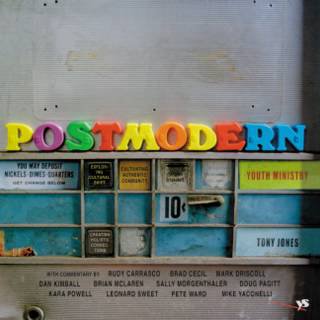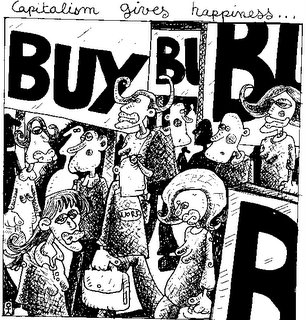Advent...or Advertising?
 Of course you probably read about the insanity that occured yesterday throughout the country when the doors opened for shopping. Police were called in to several Wal-Marts where fights broke out over limited sale items. A few people were trampled on when doors opened. One woman I watched on the news fell to the ground, where her wig fell off. People literally stepped on her as she sought to pick herself up. And at the very least, the shouting, traffic, and parking woes raised blood pressure, shortened tempers, and created a conspicuous absence of 'comfort and joy'.
Of course you probably read about the insanity that occured yesterday throughout the country when the doors opened for shopping. Police were called in to several Wal-Marts where fights broke out over limited sale items. A few people were trampled on when doors opened. One woman I watched on the news fell to the ground, where her wig fell off. People literally stepped on her as she sought to pick herself up. And at the very least, the shouting, traffic, and parking woes raised blood pressure, shortened tempers, and created a conspicuous absence of 'comfort and joy'.We weren't made to live this way. Personal and interior inadequacies lead us to look for more stuff to fill the void in our sterile lives, and so desparately do we want the stuff that we're willing to go to war to get it, even if the war is nothing more than a parking war, or shouting match. It's illustrative of the deep void in our national phyche, and the tension found therein. Materialism isn't cutting it, isn't feeding our souls well. And yet, all of us are indebted to the system in one way or another, benefiting from the buying and selling of goods even if we didn't fight the mall wars yesterday.
I'm pleaing for a recovery of advent - that season of looking deeply into our longings so that we identify with Anna who was longing for the coming of Christ. A deep look into our longings necessitates taking the time to look beyond our superficial material longings, and looking instead for Christ to come and fill the real voids that are in our lives.
Our longings for authentic intimacy, close friendships, peace in our relationships, love for our neighbors are all important. Our longings for a lifestyle that embodies the 'simplicity and purity of devotion to Christ', and for a healing of the environment, and for peace among the nations, and for water for villages in Africa. All of these longings are, at the root, longings for Christ.
Too often, it is these real and deep longings that don't find a voice or space in our hearts because they are trampled like the lady with the wig, as we rush off in fulfillment of the next holiday obligation. Enough already! Make space for longing. Pray. And you'll find Christ filling up new spaces in your heart... new light shining in the season of darkness. That's just like God - always ironic!
Personal notes...
1. I commend to you once again the movie "Millions" as a thought provoking film for Advent - and good for the whole family.
2. Looking for a tree? We found a good farm in Isaquah yesterday when we did our traditional family outing. What a rush to be out in the rain tromping through the forest to find a tree, cut it down, and then stand by a blazing fire, as the heat vaporizes the rain in our soaked clothes, with a cup of cider and meet the folks who run the "Keith and Scott Tree Farm". (scroll down on this link for directions)
Happy Advent.







